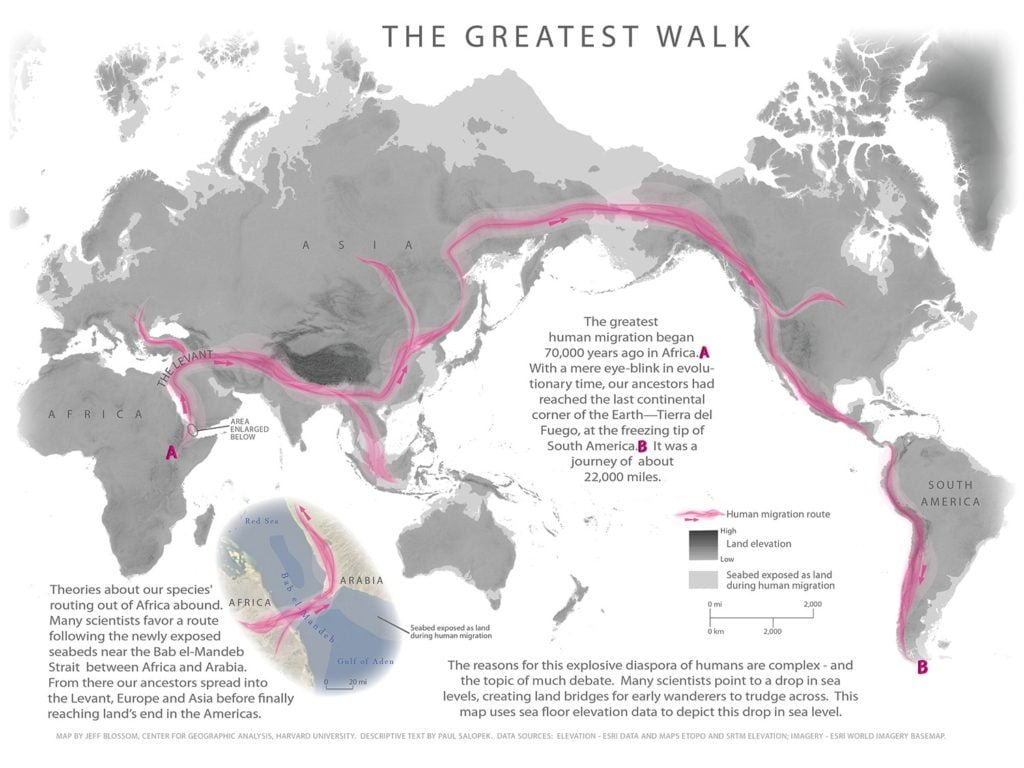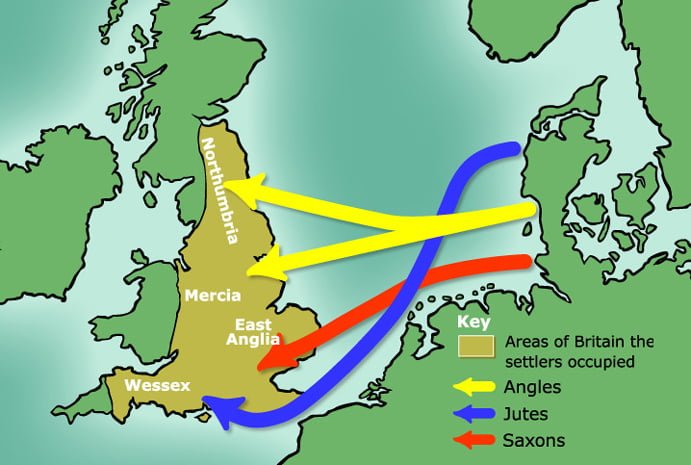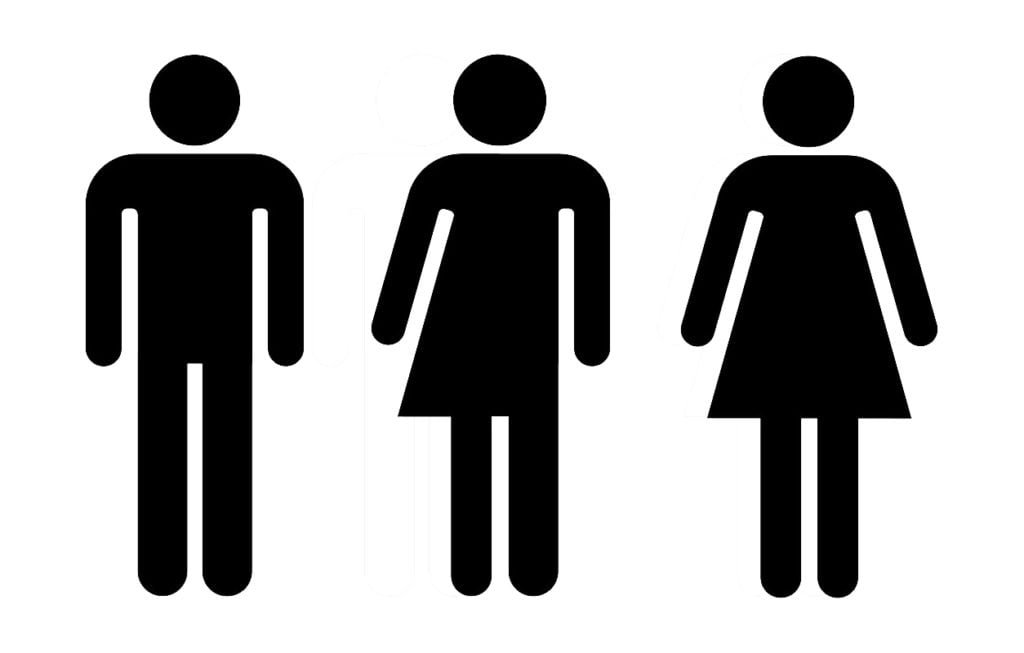Our languages are incredibly diverse and it is highly unlikely to find a word or a handful of words that sound the same in all languages. Except that there is a word that is shared by all human languages, according to research. Surprise, surprise..the word is ‘huh’. Weird, huh! Well, it turns out that this is probably a universal word.
Let’s explain first how this word works in more detail. Consider the following made-up conversation:
A: We decided to move to New York.
B: Where?
A: To New York.
Speaker A makes a statement, and Speaker B follows up on that by asking the question “Where?” which targets only a portion of the original statement, i.e., it is possible to infer that Speaker B had no trouble comprehending the message that they decided to move somewhere, but s/he presumably missed the final word. So, s/he requested a repetition of this information by asking “where?” and Speaker A supplied this information in his/her next turn. And this is what is termed by conversation analysts as repair.
But, what if, for some reason (i.g. extreme background noise), speaker B failed to comprehend the whole statement and wanted to request the repetition of the whole statement? How do you think the dialogue would have unfolded in this case? That’s where the word huh comes in. Take the following dialogue:
A: We decided to move to Alaska.
B: Huh?
A: We decided to move to Alaska.
Huh is a very specific repair strategy that does not traget some part of the statement but rather the statement as a whole. That is why repairs that are provided as a response for a huh are quite long and elaborate, typically reiterating the whole statement.
Now, here is the fun part. The word huh may very well be a universal word that is shared by all human languages. Conversation analysts Mark Dingemanse, Francisco Torreira and Nick Enfield, at the Max Planck Institute for Psycholinguistics in Nijmegen, conducted an interesting cross-linguistic study in which they have shown that huh is possibly a universal word. They recorded bits of informal conversation from 31 dialects across 5 continents and suggested that the word ‘huh’ (and its variants) is possibly a universal repair initiator that exists in all languages, performs the same function and sounds roughly the same across languages. Here is a sketchy illustration:
Source: [here].
This study has had great importance in the humanities. It has enlightened us with how conversations work cross-culturally and unraveled important subtleties in human communication. That is why it is not surprising that the authors have been awarded an Ig Nobel Prize.
References:
2. Ig Nobel prize for MPI researchers
3.How We Talk: The Inner Workings of Conversation: N. J. Enfield: 9780465059942: Amazon.com: Books
By words we learn thoughts, and by thoughts we learn life.
Jean Baptiste Girard







